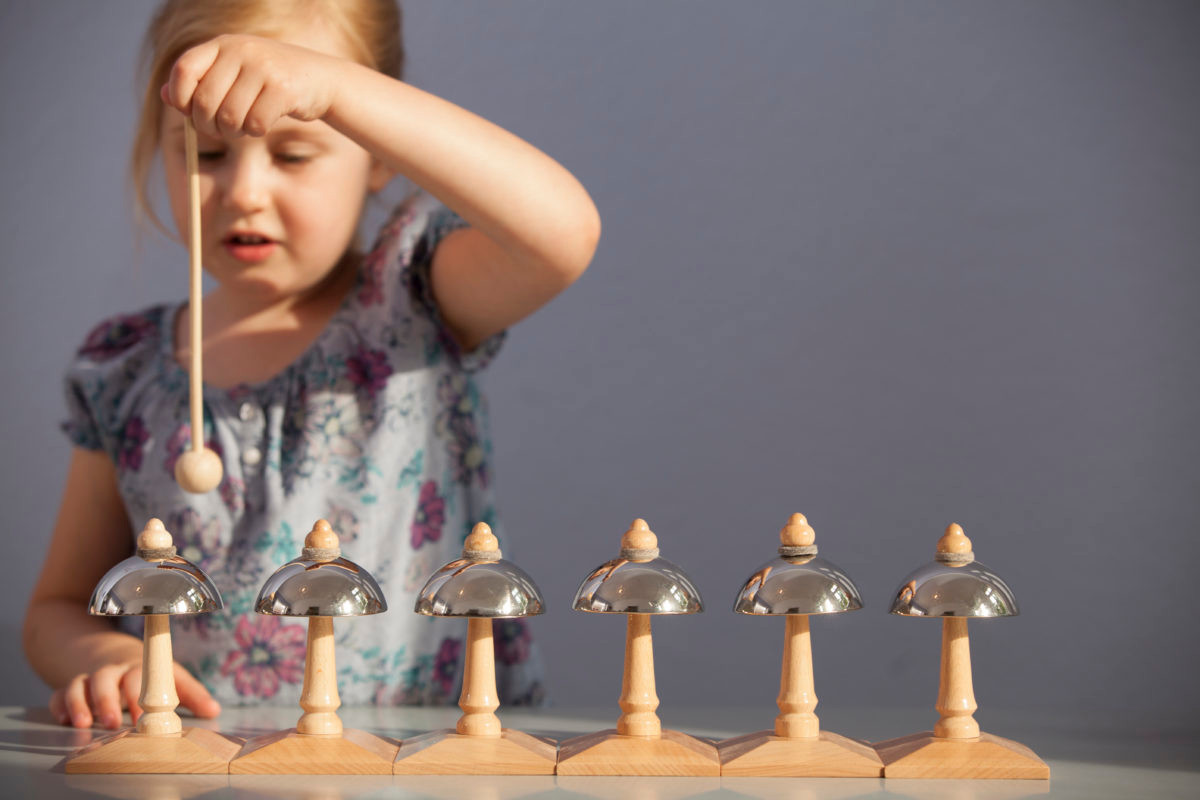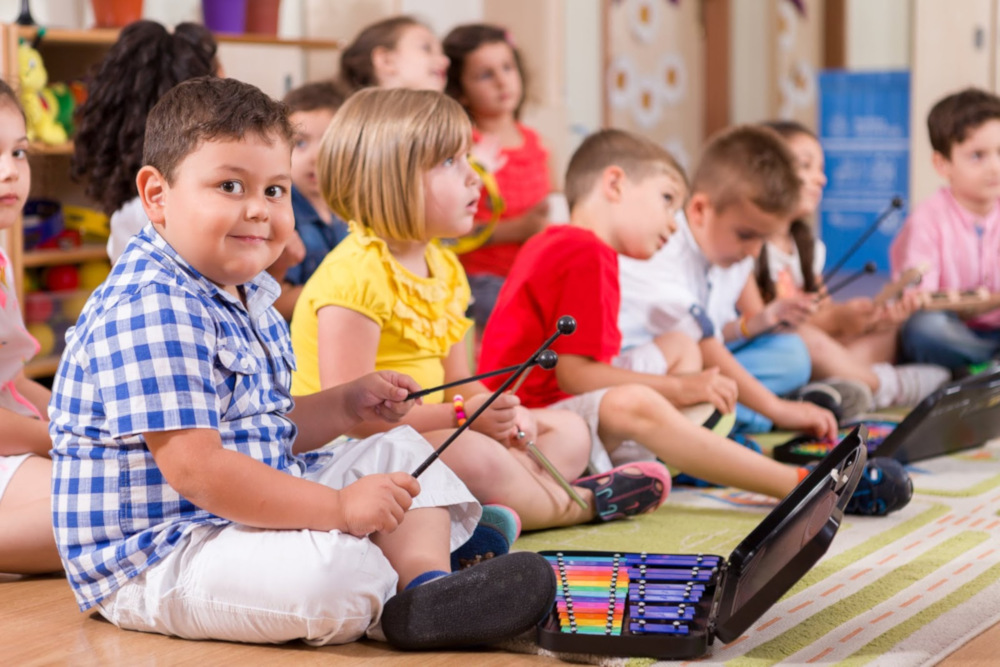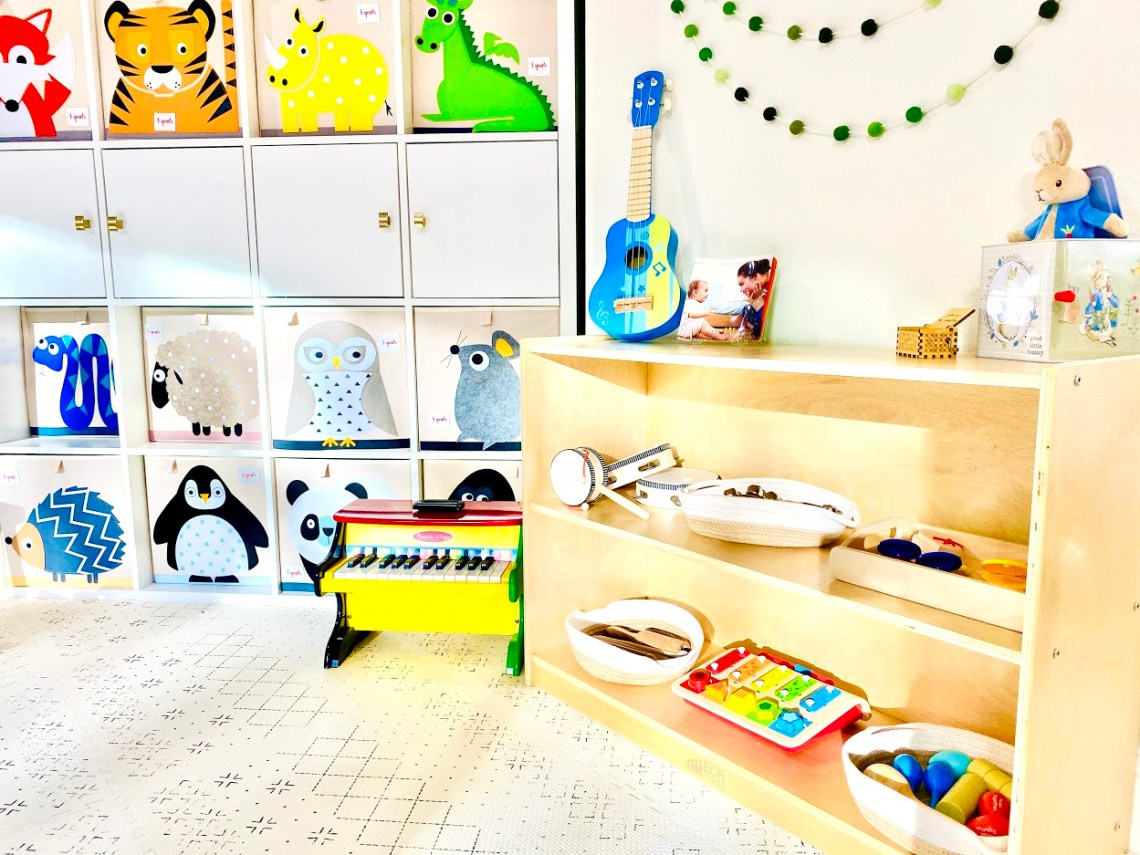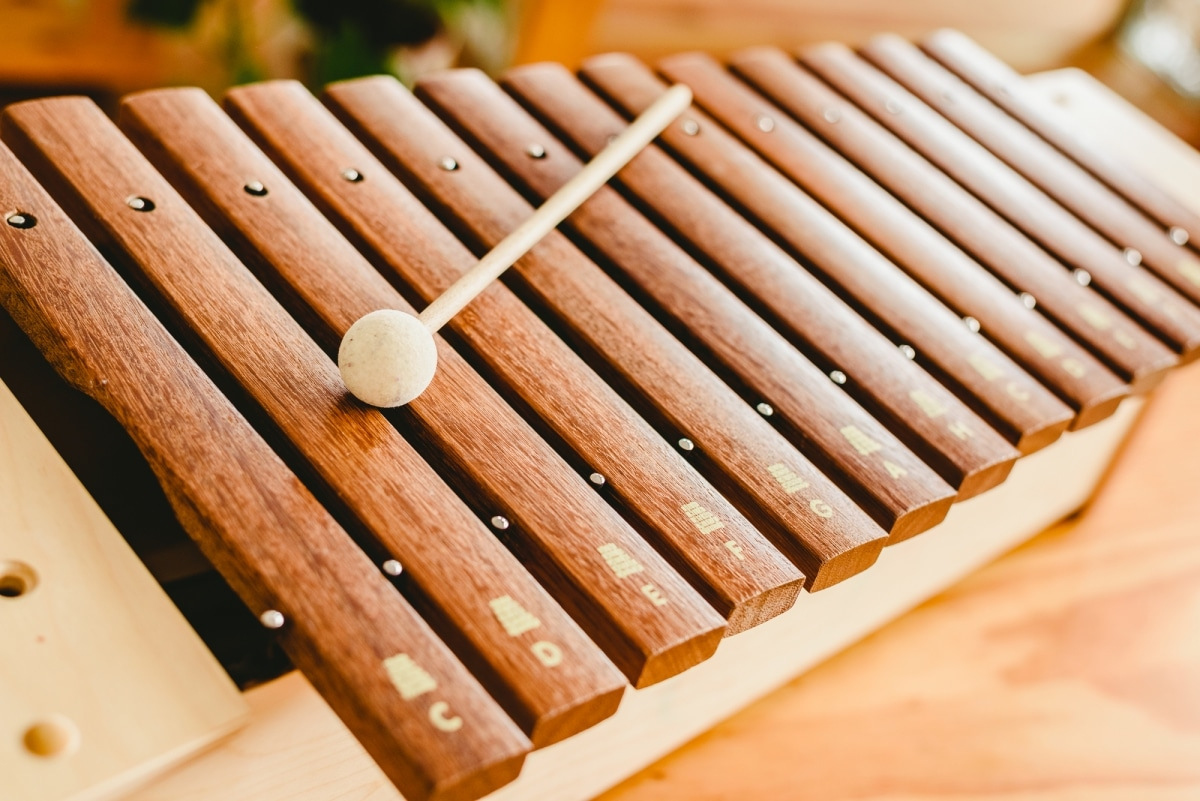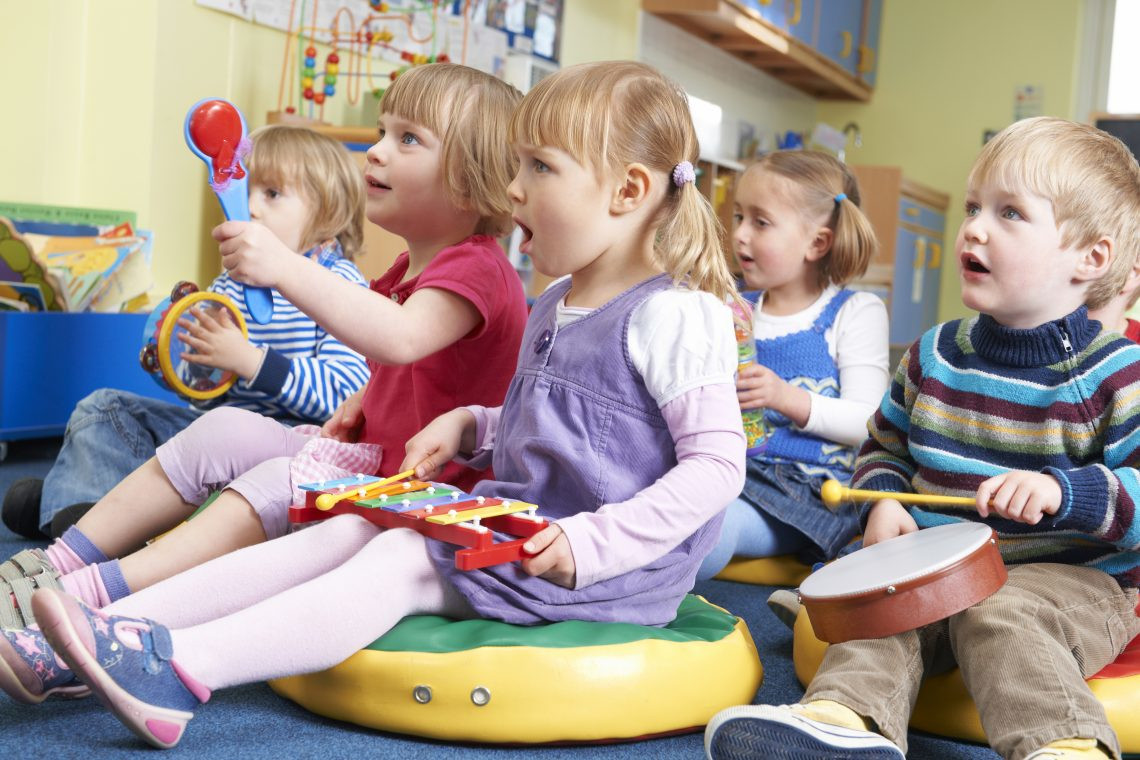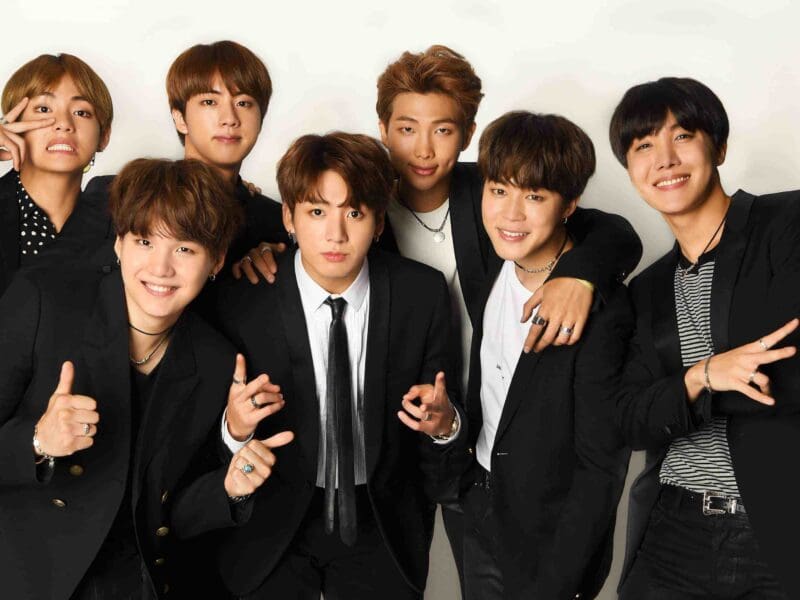
The Importance of Music in Montessori Education of a Kid
Are you wondering about the healthy growth and development of your kid? Montessori-style education can be helpful for them. It focuses on the individual needs of a child at every stage of their growing years. The approach focuses on fundamental things like the learning mind, a ready environment, auto-education, sensitive growth periods, and respect for young learners. Since music allows kids to express and communicate without language support, it becomes an essential tool in the Montessori environment. When they play music, they enjoy themselves. Gradually, the impact reflects on their literacy, math skills, and brain development. To be precise, music and Montessori can be valuable to the formative years of your kid.
Hence, it makes sense to expose your toddler to Montessori music. When you do this, you help your kid grow in many ways:
Non-verbal communication skills
Children can be as emotional as adults. But they cannot express themselves because of the lack of language. However, music becomes a tool for expressing their emotions constructively than crying, shouting, etc.
Spatial skills
Music can influence the reasoning and math skills of the kids. In music, you learn patterns, ratios, and proportions. The same things form a critical part of math. Hence, playing music produces a more profound impact. It is even more helpful than just listening.
Literacy
Music lessons come in handy in improving kids’ listening ability. As humans receive sound just like speech, music education enables them to process language better. As a consequence, they see positive growth in their literacy too.
Academic achievement
Some studies highlight the impact of music on students’ education. For example, experts believe that music education aids in reading and speech skills. That’s why playing an instrument rather than just listening to it can significantly affect their speech processing.
Learning capability
Again, studies emphasize the role of arts and music in improving the students’ math, reading, and writing skills. It also builds a sense of self-esteem in them. It happens because arts encourage people to think beyond the realm of fixed formulas and patterns. Instead, they focus on relationships, which play a critical part in life and the workforce. At the same time, arts and music are about creativity and solving problems. Hence, their significance in learning and life, in general, goes beyond the standard measures.
Nowadays, you get many safe music instruments, such as egg shakers, finger cymbals, drums, etc., in kits for toddlers. You can buy one of them to give your child quick access to music and music playing. Since playing music can be a joyful experience for anyone, you can keep them happy and involved in a constructive way.
Even a five-year-old shows a sign of happiness when they listen to happy music; you can identify this through their faster breathing. Hence, it makes more sense to introduce music in your kid’s life at an early age to help them develop physically, mentally, and emotionally stronger. When they get a strong foundation from early on, they tend to grow into a well-developed individual, which helps them academically, personally, and professionally.




